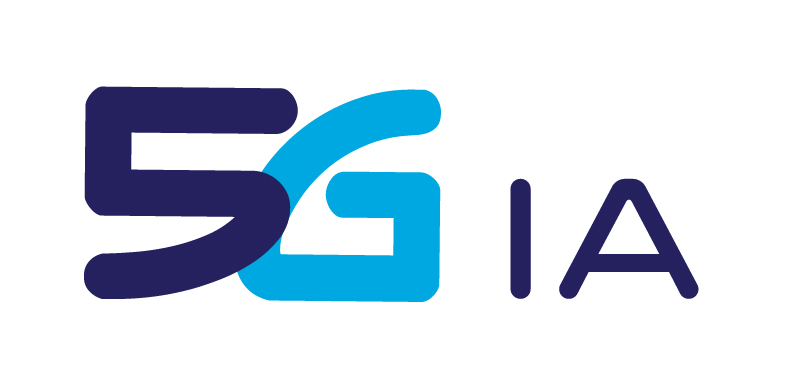

- About us
- Getting Involved
- Plans & Papers
- Events
- European 5G Activities
- Media & News
- Contact
5G-TRANSFORMER full MANO stack released open source
The 5GPPP Phase 2 5G-TRANSFORMER projects just finished.
One of its main outcomes is a full MANO stack featuring multiple advanced functionalities, such as vertical and network slice management and NFV network service composition and federation.
Overall, this allows deploying vertical-tailored slices deployed in multiple administrative domains, each having multiple datacenters interconnected by means of a heterogeneity of transport technologies (incl. mmwave, packet, optical). And more importantly, the system allows an E2E control of resources to comply with SLA requirements no matter where the service components are deployed (at the datacenter or administrative domain levels).
Furthermore, different domains may run different core MANO platforms (e.g., OpenSourceMANO, Cloudify), since the 5GT service orchestrator is capable of integrating any such platform through wrappers. In this way, the 5GT advanced functionality can be retained and make it work over new releases of such projects by just adapting the wrapper, hence guaranteeing its survivability.
The code also features GUIs at all layers of the stack for ease of management and visualization of databases and deployed services (incl. network service structure or network service placement). APIs towards placement algorithms have also been developed for easily testing new algorithms without the need for delving deep into the code. Monitoring jobs can also be created by interacting with Prometheus and by reacting based on alerts. Take a look at the documentation to discover all the implemented functionalities. Furthermore, the 5G-TRANSFORMER code will be also maintained and evolved in the follow-up project 5GROWTH.
So, stay tuned!
Code is downloadable for free from our github account (https://github.com/5g-transformer). User and developer guides are also available together with the code. Information describing the functionalities offered is available in deliverable D5.5.
The 5G-TRANSFORMER stack leverages on ETSI NFV specifications with enhancements to offer new functionality for the first time (e.g., NFV service composition, NFV network service federation). Its MANO stack is split into three main building blocks. The Vertical Slicer (5GT-VS) is the entry point for the vertical requesting a service and it handles the association of these services with slices as well as network slice management. The Service Orchestrator (5GT-SO) is responsible for end-to-end orchestration of services across multiple domains and for aggregating local and federated (i.e., from peer domains) resources and services and exposing them to the 5GT-VS in a unified way. Finally, the Mobile Transport and Computing Platform (5GT-MTP) provides and manages the virtual and physical IT and network resources on which service components are eventually deployed. It also decides on the abstraction level offered to the 5GT-SO. More information on the overall architecture can be found in Deliverable D1.4.
If you want to see the 5G-TRANSFORMER code and functionality in action, you can watch multiple demos on the youtube channel (https://goo.gl/uB5TlL ), including advanced vertical-oriented and networking-oriented demos (e.g., automotive service scaling, NFV network service composition, NFV network service federation).
All code available at: https://github.com/5g-transformer
All videos of demos available at: https://goo.gl/uB5TlL
All deliverables available at: http://5g-transformer.eu/index.php/deliverables/
All publications available at: http://5g-transformer.eu/index.php/dissemination/publications/







Share On